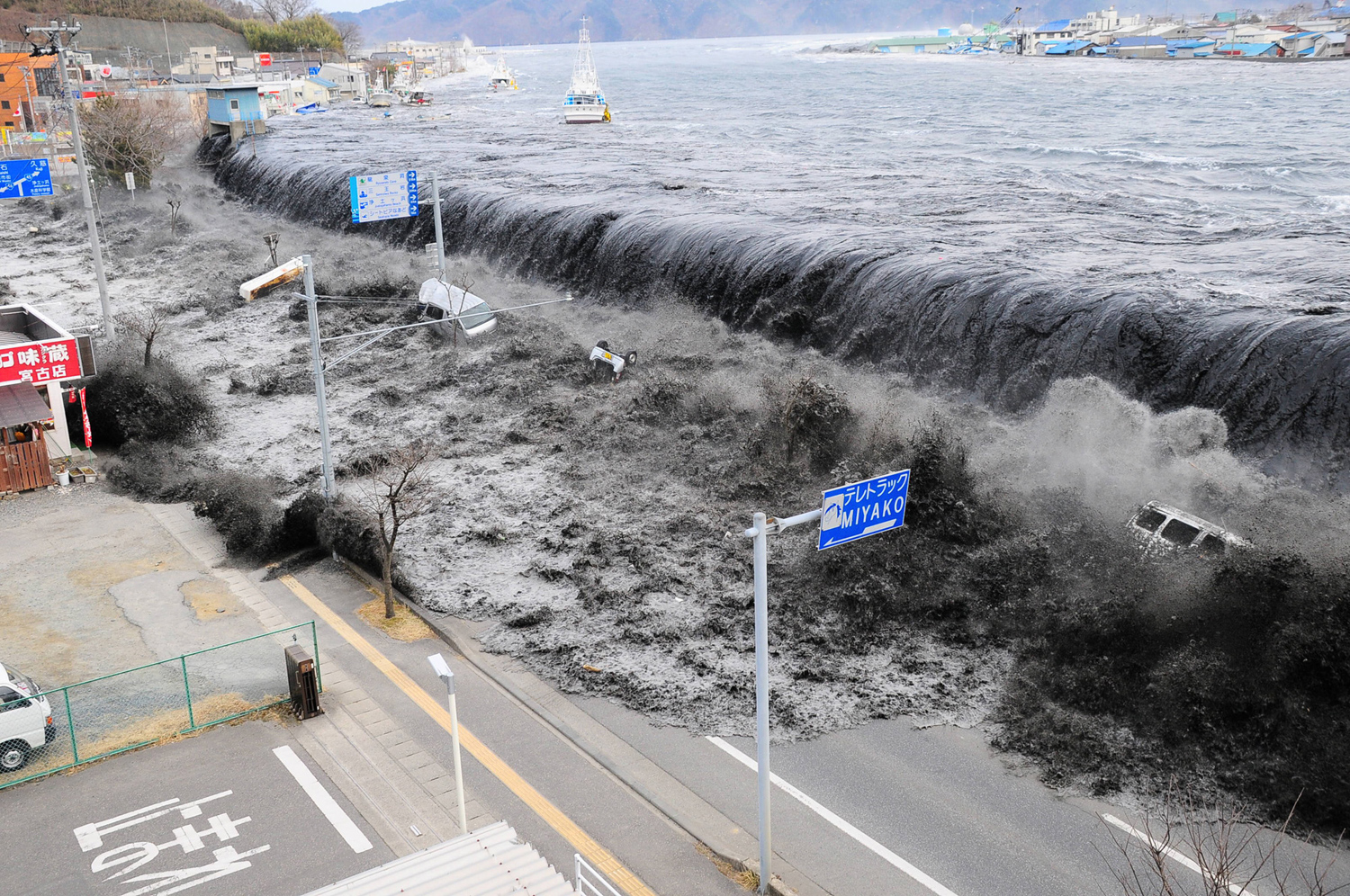- Haiti Earthquak
- Amanda Amerault
- January 12, 2010
- The local effects were devastating to the people of Haiti. An estimated three million people were affected by the quake. Death toll ranges from 100,000 to about 160,000. The earthquake created between $7.8 billion to $8.5 billion in damage.
- The infrastructure was also greatly impacted by the disaster. The government of Haiti estimated that 30,000 commercial buildings had collapsed or were severely damaged. It also destroyed 294,383 homes and houses. 60% of the city's government buildings, and 80% of its schools were destroyed or damaged.
Blog 2:
- Sumatra - Andaman Earthquake and Tsunamis
- Santi Martin
- December 26, 2004
- The tsunamis and earthquakes immediately caused $15 billion in damage. Many local businesses lost a lot of commerce and products and had to shut down and did not have enough money to reopen. The disaster also caused a lack of goods available for domestic product. The tsunamis destroyed everything, crops, machinery, and all fields and farms.
- It completely destroyed coastal communities with waves up to 100 feet high during the tsunamis. Many local businesses lost their work spaces. Many of the companies and businesses were forced to shut down because the damage was to great.

